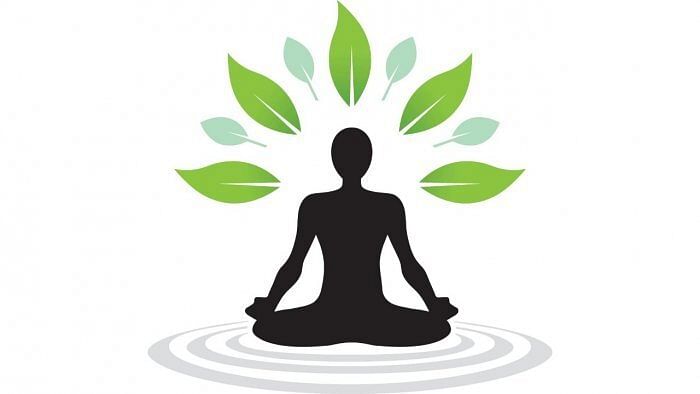
Oasis
Credit: DH Photo
The celebrated Russian author Anton Chekhov’s Misery, is a short story about Iona Potapov, a sledge driver, who is ferrying late-night party revellers on a snowy, Siberian night. Iona has just recently lost his son. He feels isolated in his grief and wants to share what happened to him with others. He wants to talk about his son’s suffering, then his release; he wants to describe the funeral but none of the passengers are interested in listening to his stories. Thus Iona rides all night with his misery, finding no outlet. Finally, in the stable, at the end of his long, lonely shift, he tells his story to his little mare as she continues to nibble while listening to him and breathes onto the hands of her owner perceptively. By narrating his story to another living being, even if it is a horse, Iona gets relief; that’s the human compulsion.
We connect with each other by telling stories and story is the medium each of us use to make sense of our environment and relationships. We have been constantly creating stories for which we don’t need to be a writer. For instance all of us make up stories in our heads about the kind of day we had or the places we saw and so on. Through stories, in addition to healing, we preserve history, cultural traditions and keep alive our values.
The healing power of narrative has been documented in the field of psychology, social sciences and humanities. In the field of medicine, the term ‘Narrative Medicine’ has been coined by Dr Rita Charon, Professor of clinical medicine, Colombia University. She feels that while doctors might be knowledgeable about disease, they do not appreciate adequately that illness changes everything for the patient. In her book, Narrative Medicine: Honouring the Stories of Illness she talks about the mother of a sick daughter who experiences stress that makes her ill; when the mother was offered a narrative connection, she begins to heal.
In short, Charon propagates the idea that healthcare works best when it is humanised by caring medical professionals who listen sensitively to their patients’ stories. According to her, storytelling is not just an act of self-healing; it may actually create better physicians. As Paulo Coelho puts it, “The power of storytelling is exactly this: to bridge the gaps where everything else has crumbled.”